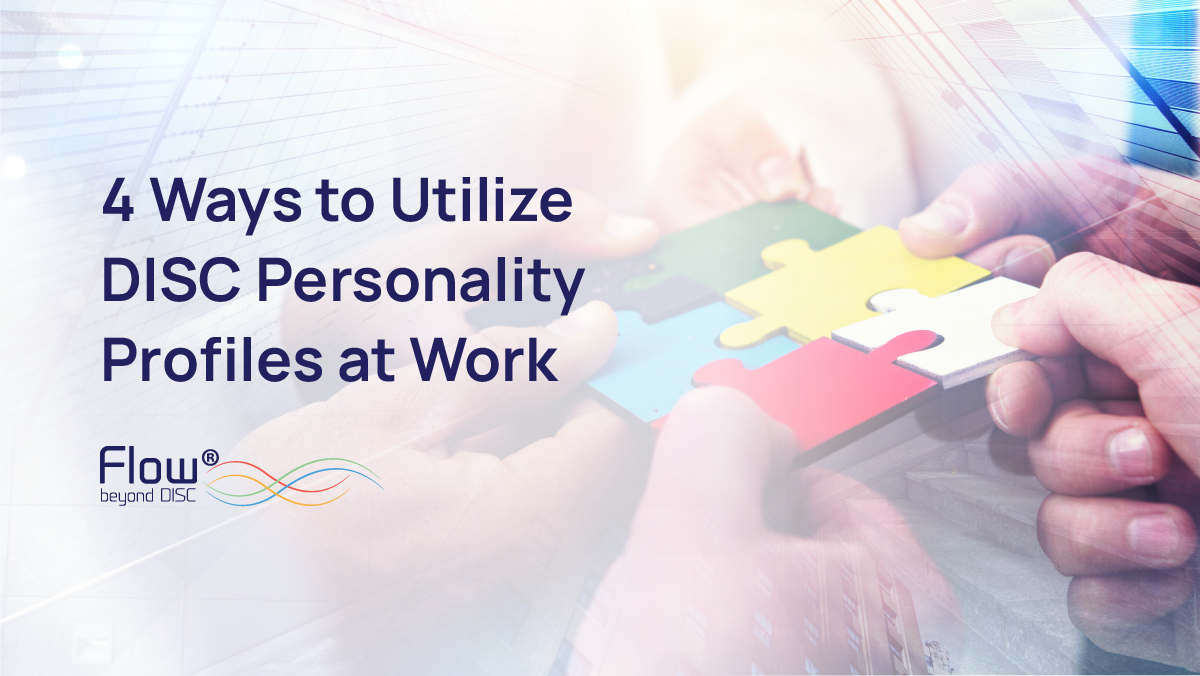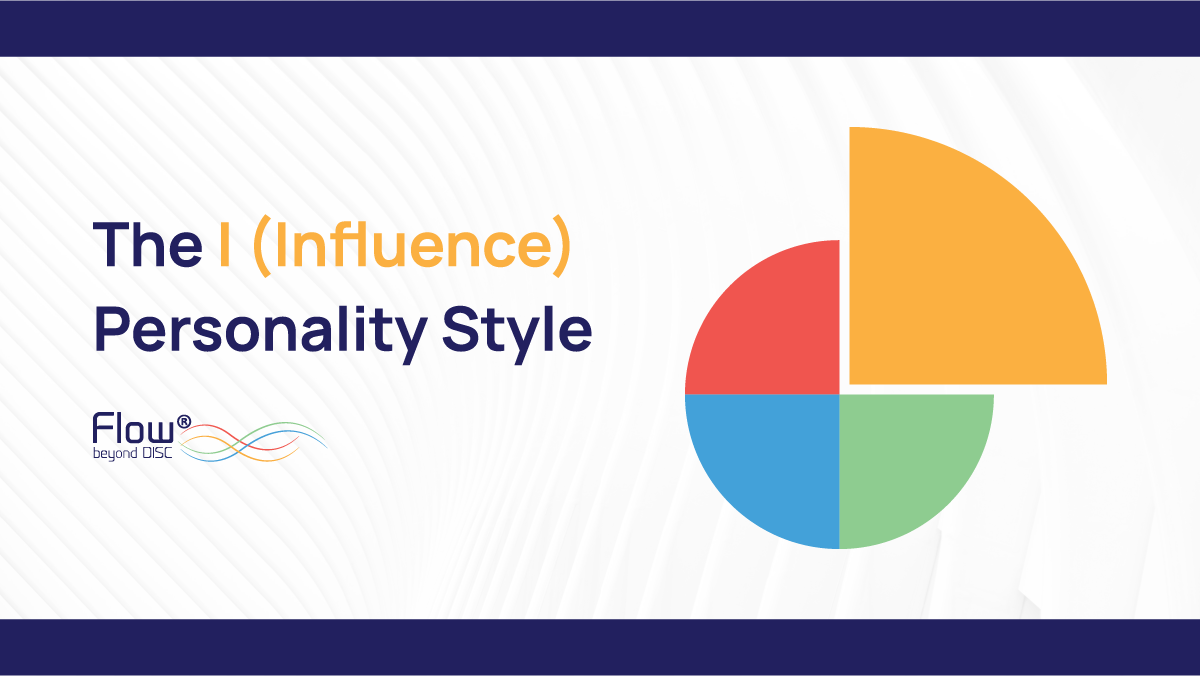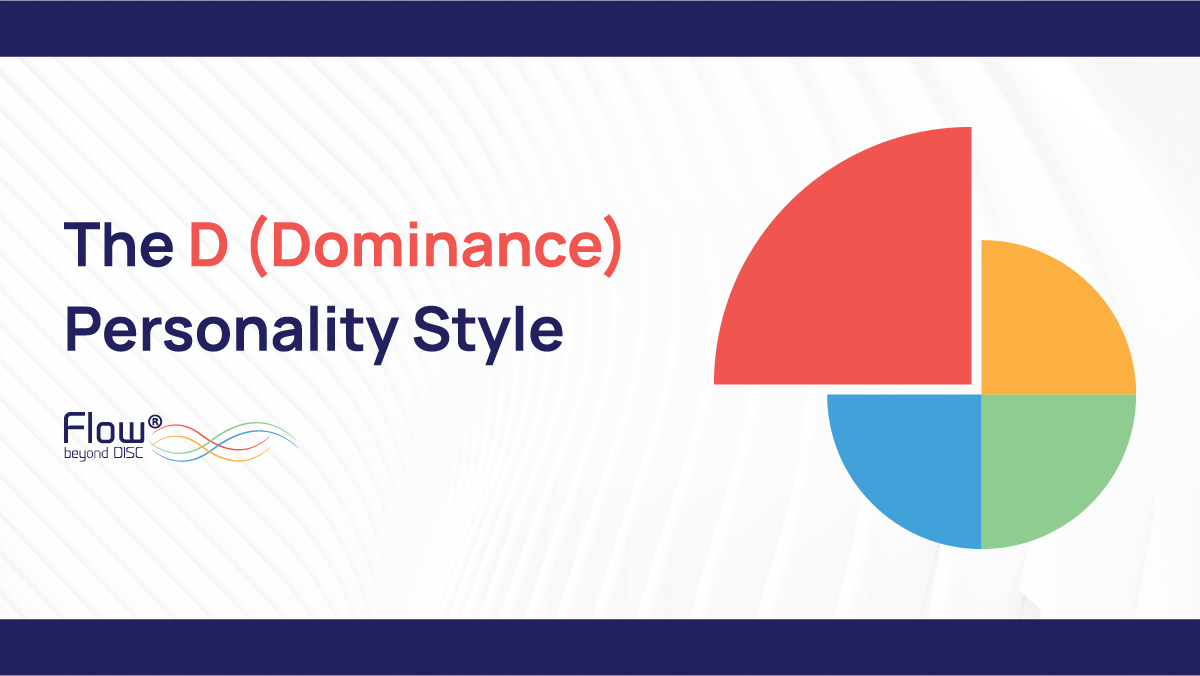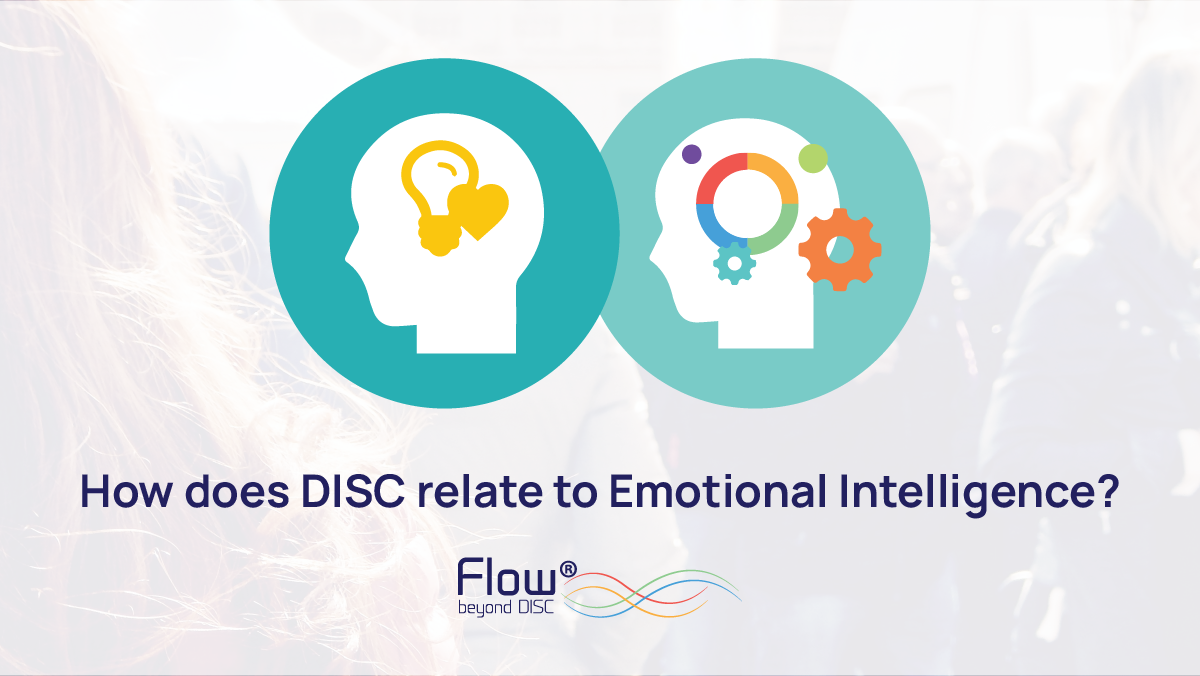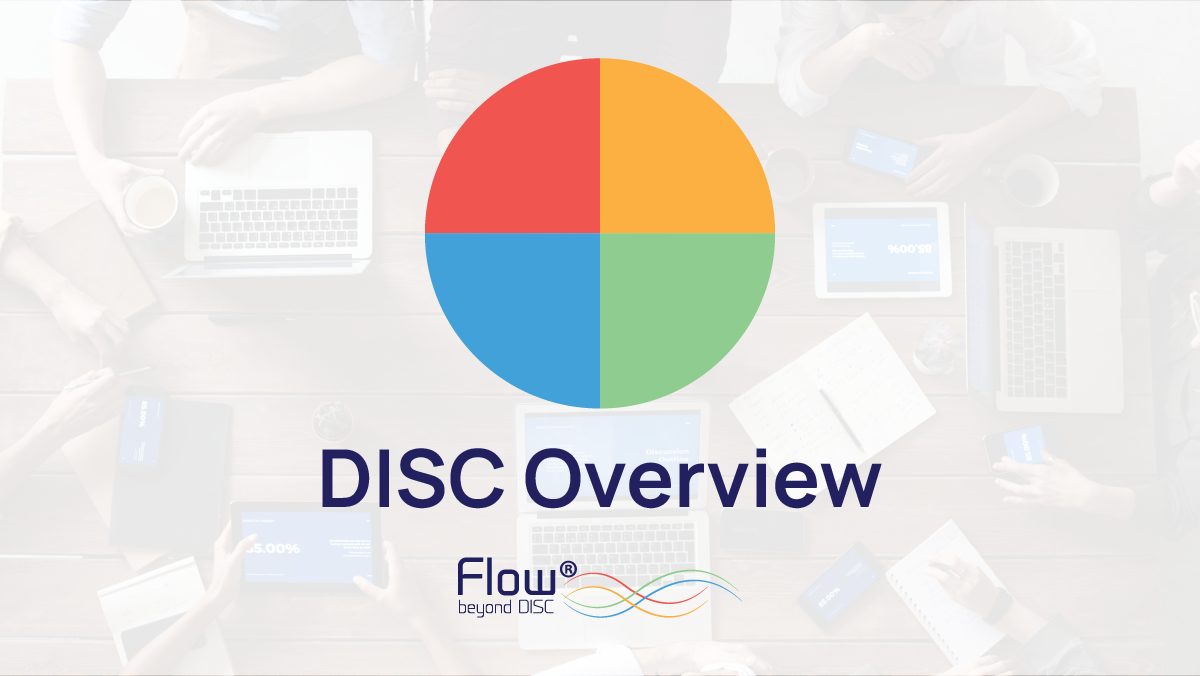4 Ways to Utilise DISC Personality Profiles At Work
Personalities are important in the workplace. It allows you to screen talents for better job fit, helps you have more cohesive teams, and also allows you to utilise strengths and improve weaknesses of your team members. And, there are many ways you can categorise your employees’ personalities. One of them is using the DISC model. In this article, we’ll share [...]
The (I)nfluence Personality Style, Explained
I-styles are typically the most outgoing, energetic and sociable of the four DISC styles. The I-style enjoys being the center of attention and loves interacting and meeting new people. I-styles like to focus on the big picture and prefer to spend time collaborating with others. I-styles are friendly, enthusiastic and animated They are also optimistic, [...]
The (D)ominance Personality Style, Explained
D-styles are typically the most forceful and assertive of the four DISC styles. They tend to be direct and straightforward when expressing their opinions and have a tendency to seek authority and control over a situation. D-styles are competitive and results oriented, they prefer to move fast, take risks and get things done. The D-styles [...]
How does DISC relate to Emotional Intelligence?
The DISC profile system, first conceived by William Moulton Marston in the 1920s, identifies four different personalities, each with its own set of strengths and limitations. It was the industrial psychologist Walter Clarke who began assessing people's DISC profiles for the purposes of recruitment. That was in the 1950s. The four DISC profiles, or "styles" as they're called today, are [...]
What is DISC Profiling?
DISC profiling may sound like a modern concept, but its origins date back to the roaring 1920s. Psychologist William Moulton Marston studied the behavioural traits of normal people, and it was he who first classified the four DISC personality types. Today, DISC profile assessments help organisations to work efficiently, cohesively and help people develop empathy for one another. They provide [...]

